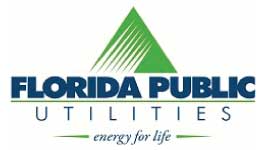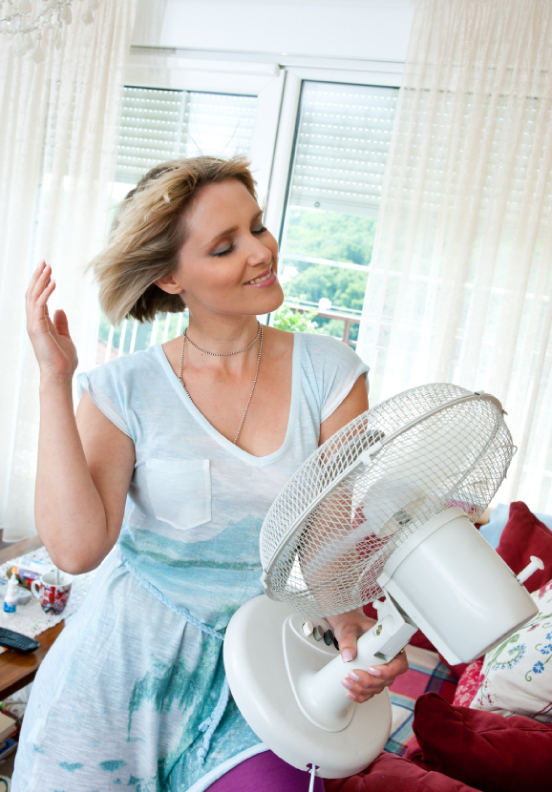Just before our cooling season comes back, I thought it would be a good topic to write about. Air conditioning is your highest energy cost as a Florida resident or business. Few people understand how to gain the most comfort and cost savings from their system. I want to help you maximize your comfort and cost by explaining Design, Terms & Use.
Design: Your air conditioner is designed to work most efficiently when sized correctly for your climate. In the Florida market the design temperature is from 90 – 95 degrees. Your HVAC contractor can give you the exact temperature for your area. Design temperature means the temperature will be at or below the design temperature 97.5% of the time. When outdoor temperatures are less than the design but warm enough to need air conditioning and your thermostat is set at 78 degrees, it will run about 20 minutes per hour. At temperatures higher than design, your system will run continuously.
Terms:
- Tons: This is referring to the size. One ton of air conditioning is equal to 12,000 British Thermal Units. A four-ton system has 48,000 BTUs of cooling. Bigger is not better! Your HVAC contractor will calculate how much cooling your home requires and size your unit accordingly.
- SEER: Seasonal Energy Efficiency Ratio refers to the efficiency of your unit. Florida code is now 13 SEER. A rule of thumb is that for each SEER higher you save approximately 10% of your cooling costs based on proper sizing and installation. So, a 15 SEER will be approximately 20% more efficient than a 13 SEER.
Use:
- Using ceiling fans generally allows the temperature to be set 3 degrees higher with the same comfort.
- Each degree you raise your temperature during the cooling season can save up to 4-7% of your cost.
- Use the “auto” fan setting rather than the “on”. The “on” setting allows unconditioned air to leak into your ducts, creating humidity issues. In addition, you spend an extra $25 per month on your electric bill.
- Do not push the temperature setting below the temperature you desire. It will not cool any faster and may damage your system.
- Change your filter regularly, and don’t use above a MERV 8 unless your system was designed to handle the resistance.
 Scott Ranck is the Conservation Program Coordinator & Energy Specialist for Florida Public Utilities. Feel free to e-mail any energy-related questions or comments to Scott at sranck@fpuc.com.
Scott Ranck is the Conservation Program Coordinator & Energy Specialist for Florida Public Utilities. Feel free to e-mail any energy-related questions or comments to Scott at sranck@fpuc.com.

